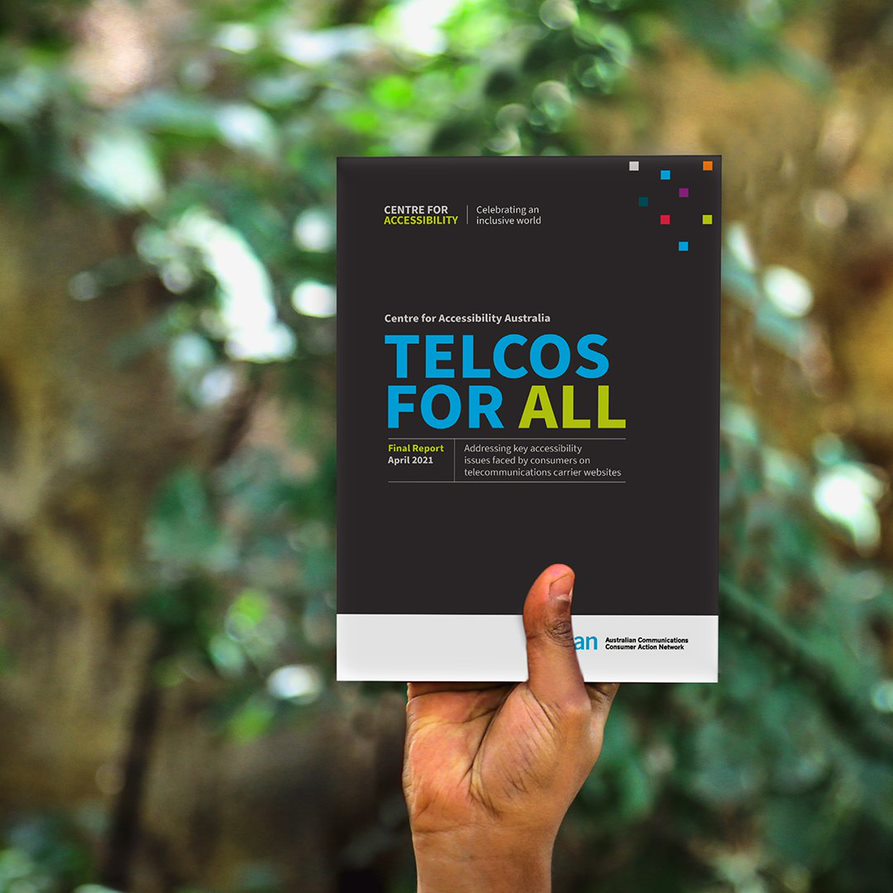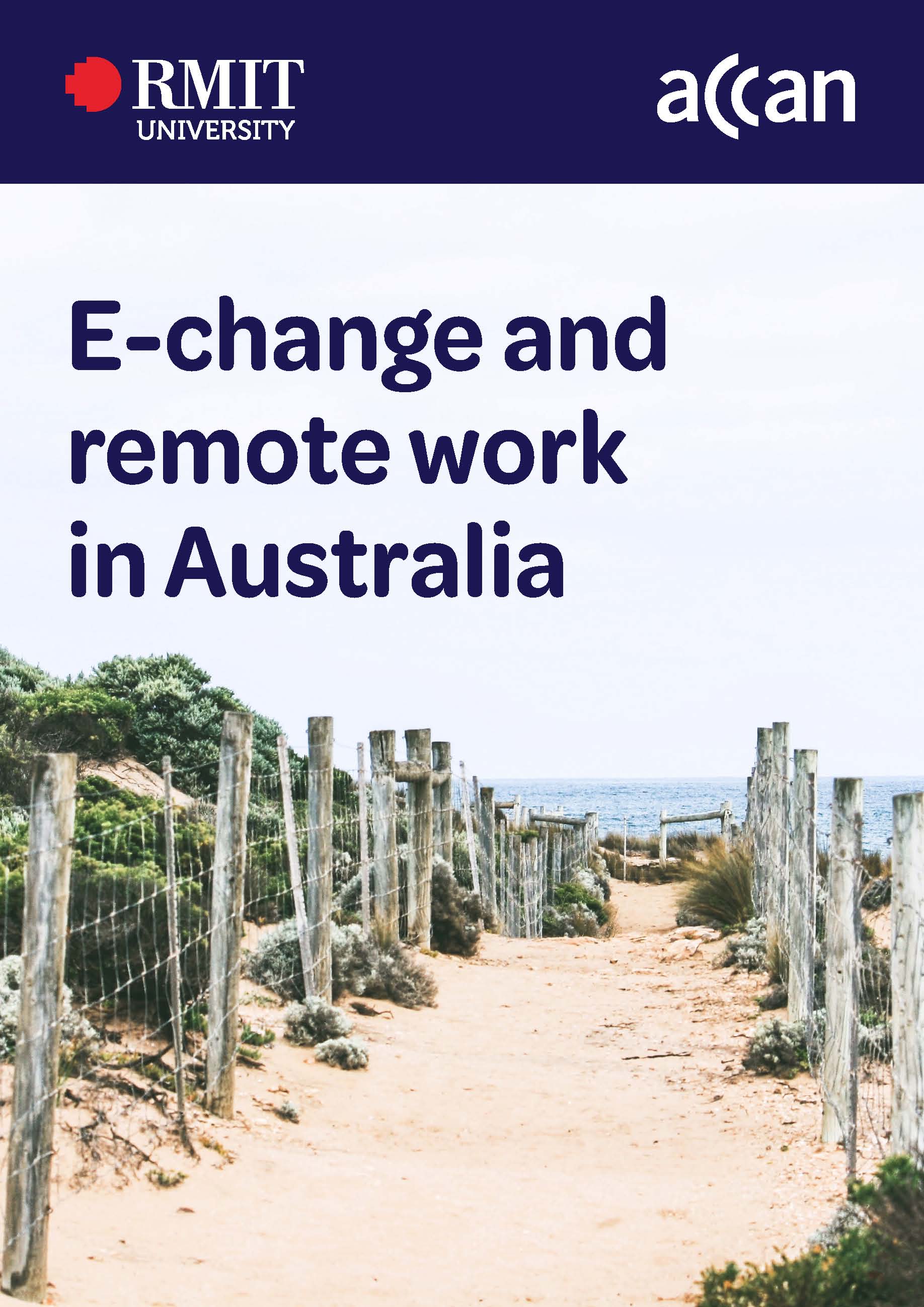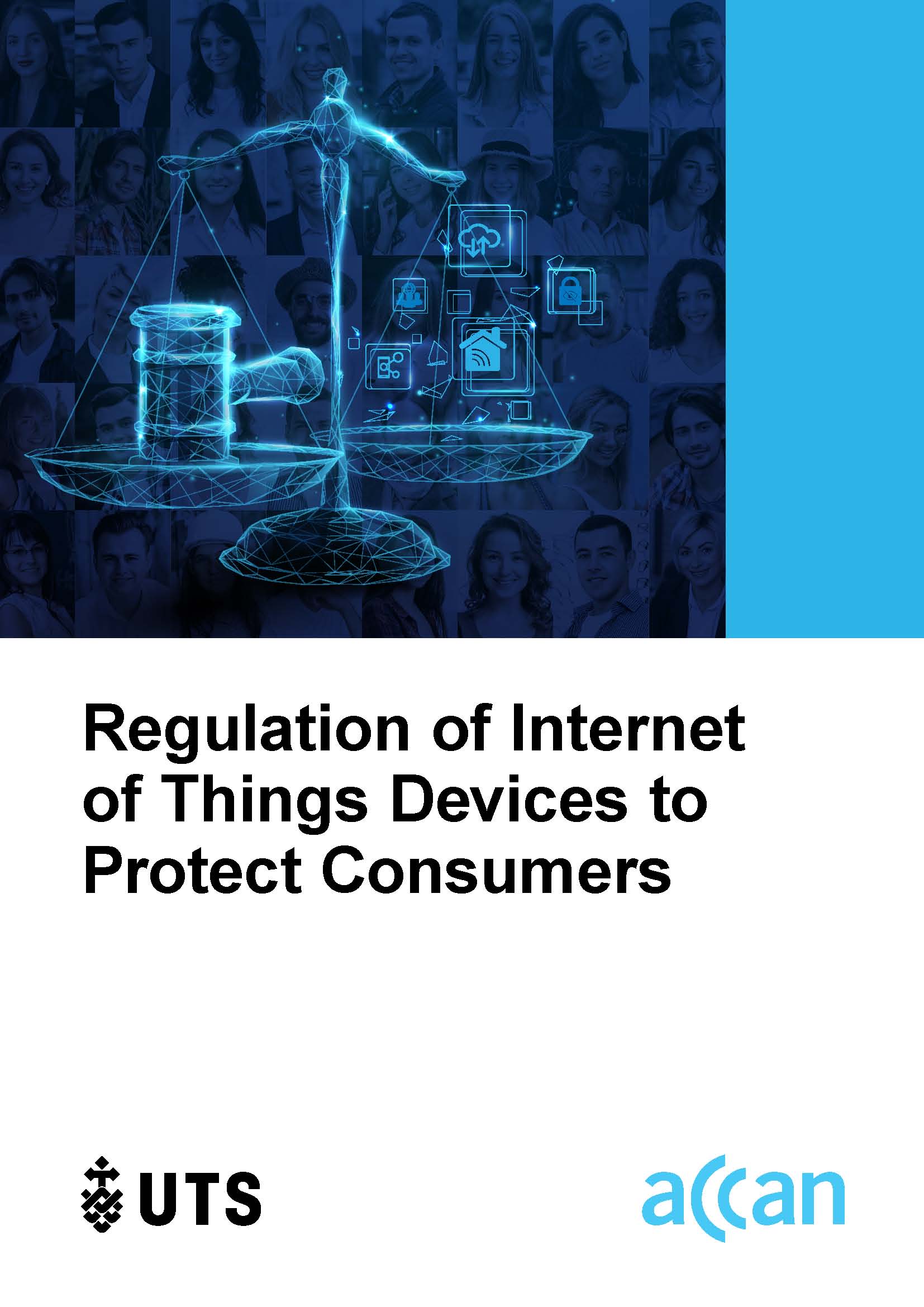ACCAN administers an Independent Grants Scheme aimed to support consumer research and consumer representation that helps us achieve our strategic goals
- Details
Royal Melbourne Institute of Technology (RMIT)
The ability of small businesses (those with less than twenty employees) to adopt advanced digital services such as e-commerce solutions and cybersecurity services is vital for these businesses and for the economy. Recent surveys indicate that many are struggling to adapt to sudden changes due to Covid-19. This project aims to investigate how small retail businesses can enhance their growth and efficiency through the better use of advanced digital services from telecommunications providers.
Read more: Enhancing the digital adaptability of Australian small retail businesses
- Details
Charles Sturt University
Telecommunications accounts cannot be held jointly by multiple parties. "Family Plans" are commonly promoted as an economic option for multiple users. These plans have multiple devices (with multiple users) contracted to one person as the 'Customer'. This project investigates the surveillance risks (including call, message and location monitoring) that Family Plans present during ongoing relationships, in particular those at risk of domestic violence.
- Details
University of Melbourne
This project is an extension of research funded by the Melbourne Social Equity Institute (MSEI), undertaking a survey and focus groups with the residents (representing 39 language groups) of Carlton Public Housing Estate in central Melbourne to analyse their strategies for coping with limited connectivity. The ACCAN grant will be used to conduct one-on-one interviews with 12 residents and provide interpreting services.
- Details
University of Melbourne
Telcos are increasingly using chatbots and other forms of automated assistants to respond to their customers. There may be gains for consumers, but there are also the risks of harms, and this project seeks to investigate and recommend strategies to assist consumers to navigate these risks.
- Details
Wamboin Communications Action Group Inc.
This project assisted regional and rural areas to effectively engage with their local communities and build a business case for the implementation of network capabilities to support their current and future needs. The project delivered a set of resources that can be applied across regional, rural and remote areas to help communities identify local requirements to achieve better Internet connectivity to support their economic and social growth.
Read more: Achieve Better Broadband for Regional Communities
- Details
 Children and Media Australia (Formerly ACCM)
Children and Media Australia (Formerly ACCM)
Grant Round: 2020
Amount: $48,000
Read more: Apps Can Trap - Tips for Protecting Children’s Privacy
- Details
 Centre for Accessibility
Centre for Accessibility
In 2021, the Centre For Accessibility (CFA) Australia undertook research to improve the accessibility of websites and apps provided by the telecommunications sector.
- Details
Charles Sturt University
This project and its report outlines regional and rural consumer understandings of smart technologies and their applications in North West New South Wales, Australia. It identifies consumer engagement with digital infrastructure, the changing nature of development and planning in a digital context and the impact of smart services on social relations.
- Details

Curtin University
Approaches to the accessibility of subscription versus free to access Australian video on demand platforms have been evaluated with research gathering new insights from consumers with disabilities.
Read more: Access On Demand: An Analysis of the Accessibility Options on Streaming Television
- Details
Royal Melbourne Institute of Technology (RMIT)
This project is about ‘e-changers’, a significant and growing segment of the population who have chosen to move from the city to regional and coastal areas while maintaining their city jobs.
Through online ethnography with e-change households and interviews with other stakeholders, RMIT researchers sought to understand and document the telecommunications experiences and needs of this distinctive and growing segment of the Australian population.
- Details
 Royal Melbourne Institute of Technology (RMIT)
Royal Melbourne Institute of Technology (RMIT)
This project focuses on giving a voice to how seniors perceive risk associated with ICT usage and ownership.
- Details
University of Technology Sydney (UTS) 
The Internet of Things (IoT) has the potential to transform the way we live and work. But the growth of consumer IoT devices for the home, such as connected appliances and smart assistants, poses serious threats to consumers’ security and privacy.
This research identifies and analyses options for best practice regulation of IoT security and privacy. The report includes recommendations for reforming cyber security, consumer protection and data privacy law and regulation.
Read more: Regulation of Internet of Things Devices to Protect Consumers
